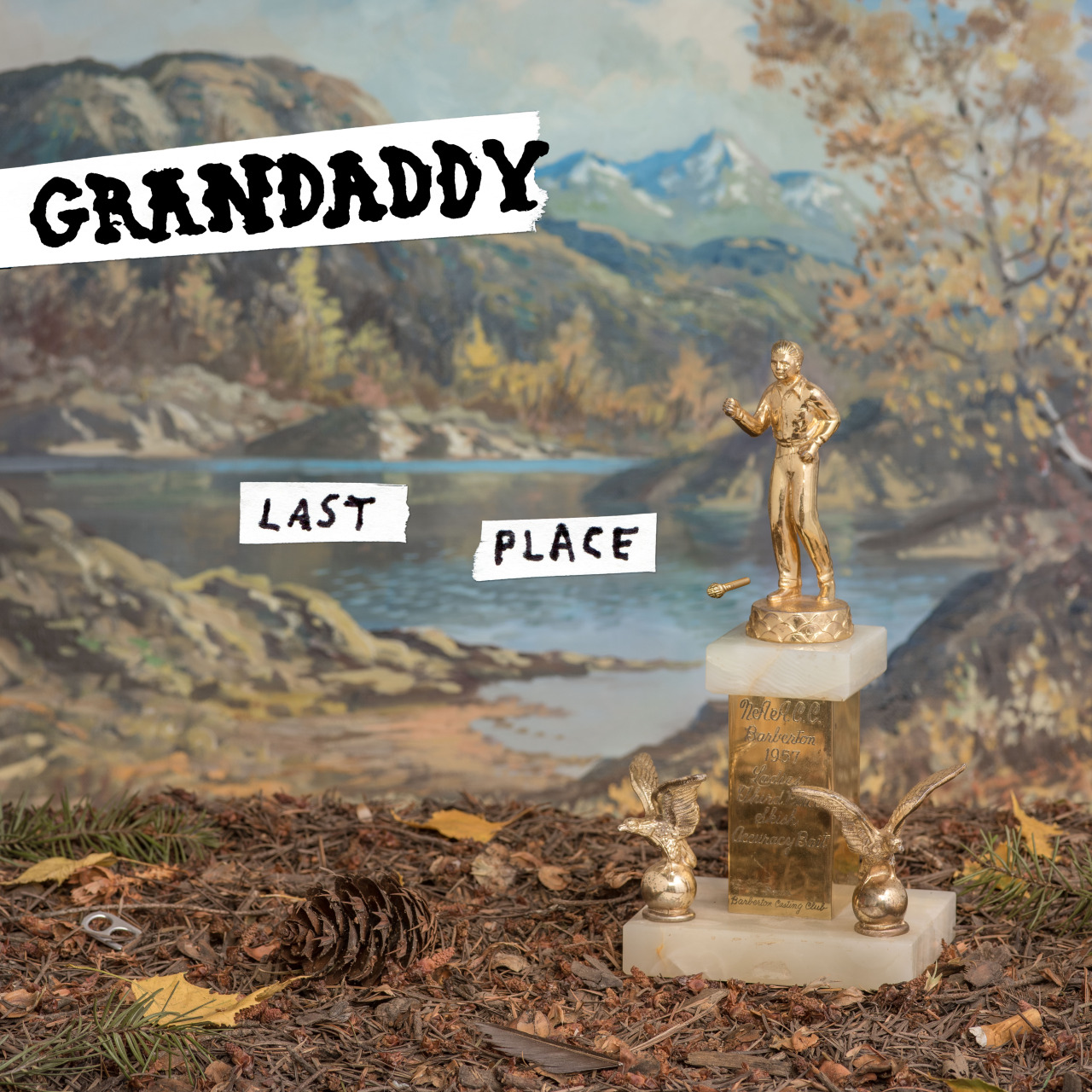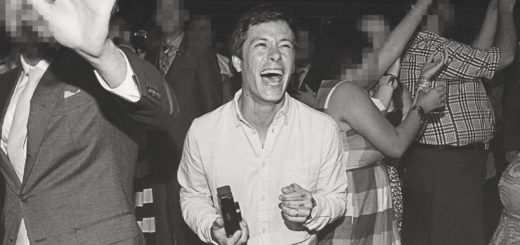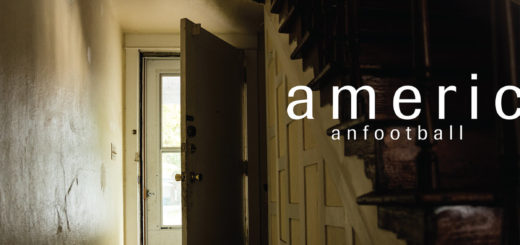LAST PLACE by Grandaddy

Genre: Indie Rock
Favorite Tracks: “A Lost Machine,” “Way We Won’t,” “The Boat is in the Barn,” “This is the Part”
It’s been 11 years since Grandaddy has put out an album, and remarkably, LAST PLACE makes the band sound as if they were cryogenically frozen that entire time. Grandaddy got off to a hot start with immediate critical acclaim for their first two albums, 1997’s UNDER THE WESTERN FREEWAY and 2000’s THE SOPHTWARE SLUMP. SOPHTWARE SLUMP in particular garnered the band a lot of hype, and they became one of many bands of that era to be deemed “the next Radiohead” in the midst of the music press’s post-KID A fallout. In truth, a better comparison for their sound would be The Flaming Lips, as they play a more similar brand of synth-based psychedelic indie pop. The band put out two more albums, 2003’s SUMDAY and 2006’s JUST LIKE THE FAMBLY CAT, before the band’s creative force, frontman Jason Lytle, dissolved the group and retreated to Montana, citing burnout. However, after some reunion shows in 2012 and Lytle’s first turn as a producer on Band of Horses’ WHY ARE YOU OK, he decided to dip his toe back in the water, and thus, LAST PLACE was born.
One thing that is truly remarkable about LAST PLACE is that despite the band’s extended absence from creative work, it goes in perfect lock-step with the rest of their catalog, which largely fuses synth-driven, Spiritualized-style space rock with notes of pop, alternative country, and ‘90s indie rock. Frontman and songwriter Jason Lytle has long dealt with the themes of technology and its role in society, notably on THE SOPHTWARE SLUMP, and several of the tracks on LAST PLACE deal with the same ideas in the context of 2017, an interesting contrast given how much has changed about the world’s use of technology in such a short time. Lytle’s songwriting has gradually become more personal over the course of the Grandaddy project, and has become more polished as well. Many of the lyrics on LAST PLACE were inspired by Lytle’s recent divorce, and the most compelling lyrical moments on the album are the ones that examine his personal experiences alongside the more technology-based observational lyrics that the band is known for. Particularly impressive is “The Boat is in the Barn,” a floaty ballad in the album’s middle, as an effective contrast of the totems that represent the narrator’s relationship with a significant other, as well as the permanence (and non-permanence) of those items.
Grandaddy has consistently been able to deliver music that feels operatic but intimate at the same time, painting a picture of profound loneliness in the face of a world that seems to keep getting bigger. They continue to provide on LAST PLACE, particularly with “A Lost Machine,” a stunning end-of-album track, centered around what seems to be a post-technology apocalypse; it’s the best example here of Lytle’s ability to make us feel incredibly small in a vast universe of sound, with a dramatic minor-key piano line and a series of swirling synthesizers that build into a Queen-meets-”Space Oddity” climax that easily stands up to any individual song that they have ever released.
LAST PLACE missteps most significantly when Lytle ventures lyrically into “sad bastard” territory towards the end of the record, particularly on the songs “That’s What You Get for Gettin’ Outta Bed” and “This is the Part.” However, “This is the Part” is saved by a gorgeous, soaring instrumental section that makes it easier to swallow the melodramatic lyrics, and the song works much better than it probably should as a result. Lytle does manage to pull off the raw emotion without veering into corniness on “Songbird Son,” and its acoustic guitar backing mixed with the airy, aching qualities of his voice recalls Elliott Smith and takes some of the heavy-handedness away from the song. The album’s more uptempo songs, however, feel flat in comparison to the lush textures of Lytle’s existential balladry—they’re easy to nod your head along to, and they are perfectly fine songs, but they aren’t as well suited to Grandaddy’s strengths, and “Brush with the Wild” and “Chek Injin” in particular don’t offer the same kind of stimulation that the rest of LAST PLACE does.
Much has been made of technology and social media’s ability to equally connect and isolate people, and LAST PLACE shows that Grandaddy, despite being decidedly not in the thick of our time culturally, have proven themselves, perhaps unintentionally, to be artists who are able to articulate the pain and sheer exhaustion in that contradiction as well as anyone. At its best, LAST PLACE isn’t so much about making its listeners sad, but about making us feel as small as we really are. It is a potent depiction both musically and lyrically of the ways that technology affects our happiness, our personal relationships, our energy, and our identities that is significantly resonant.
Verdict: Recommend



